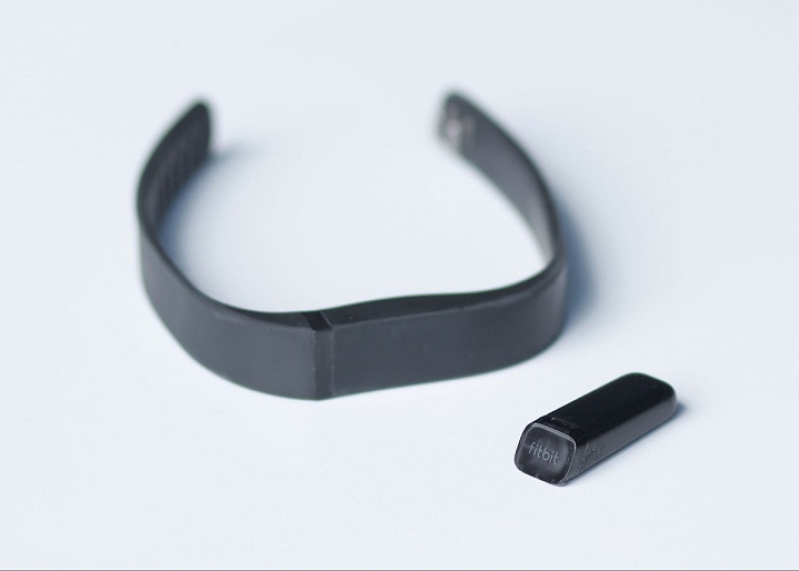
Wearable fitness trackers are not an effective tool for weight loss, according to a new study conducted by researchers from the University of Pittsburgh School of Education.
The study, whose results are published in JAMA, monitored the weight loss of 470 people. Over a two-year period, they were all placed on a low-calorie diet and were encouraged to have more exercise.
After the first six months, they were divided into two groups. One group wore fitness trackers while the other group did not but went through health counseling. Their weight was checked at six-month intervals.
At the end of 24 months, the researchers found that while both groups lost weight, those who did not wear fitness trackers but only relied on self-reporting surprisingly lost more weight.
On average, those who wore fitness trackers lost 7.7 pounds, while those who did not wear fitness trackers lost 13 pounds.
Leady study author John Jakicic said the hypothesis was that those who wore fitness trackers would lose more weight, but the results of the study showed the opposite.
One of the reasons for this, he explained, is that when people see how much they exercised in a day, they would feel justified to eat more.
"These technologies are focused on physical activity, like taking steps and getting your heart rate up," John Jakicic, lead author of the study, told NPR. "People would say, 'Oh, I exercised a lot today, now I can eat more.' And they might eat more than they otherwise would have."
Jakicic said the study results showed that the effectiveness of using wearable fitness trackers is yet to be proven.
“Devices that monitor and provide feedback on physical activity may not offer an advantage over standard behavioral weight loss approaches,” the study authors concluded.
However, Jakicic clarified the device used in the study was not similar to those worn on the wrist but was worn around the upper arm. It measures heat instead of heart rate.
David Ellis, a psychologist from Lancaster University, said it’s difficult to conclude if fitness trackers are beneficial for everyone. He said most people who buy fitness trackers are those who “already lead a healthy lifestyle and want to monitor their progress.”
"In real life, obviously, most people won't get the level of support to lose weight that the people in this study did. They would have to do it on their own, so wearing a device might be better than nothing. We just don't know," he told BBC.
Fitbit, manufacturer of popular fitness trackers, said they are confident of how their devices are helping people lose weight.
"We are confident in the positive results users have seen from the Fitbit platform, including our wearable devices," Fitbit said in a statement to NPR.







